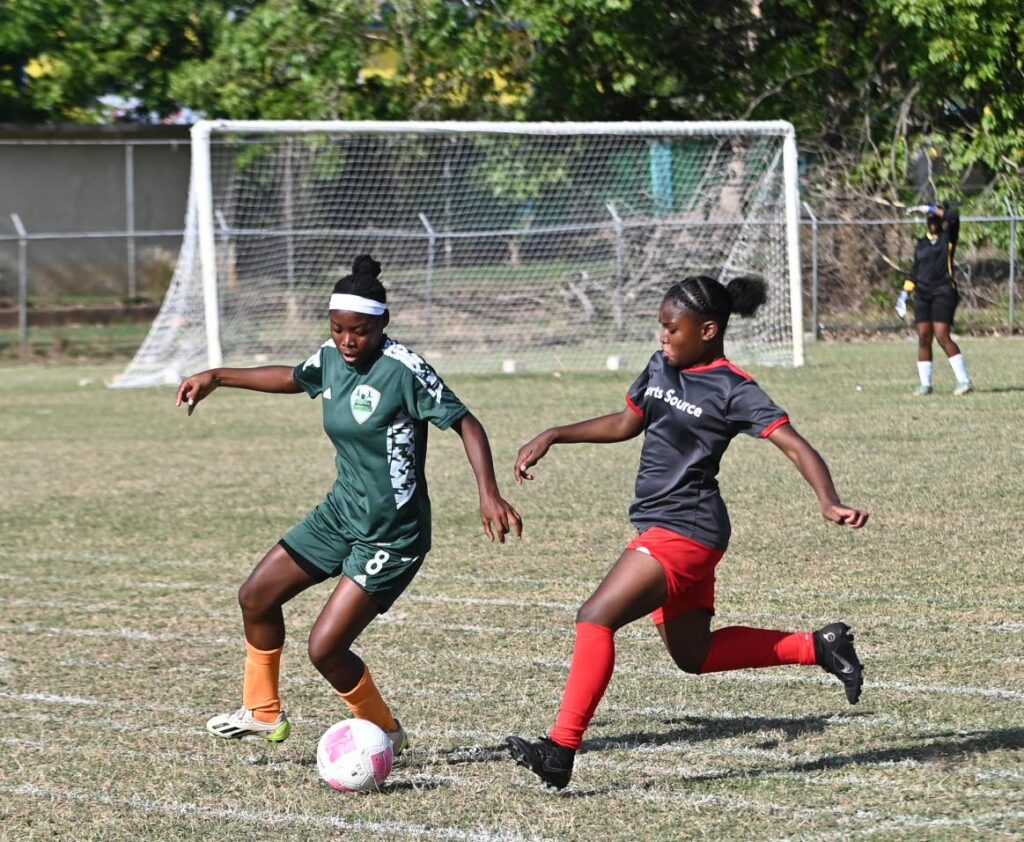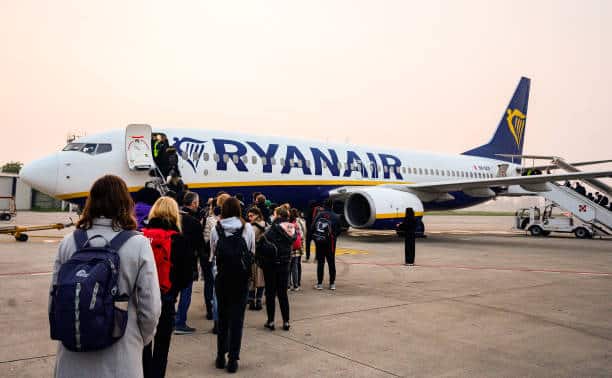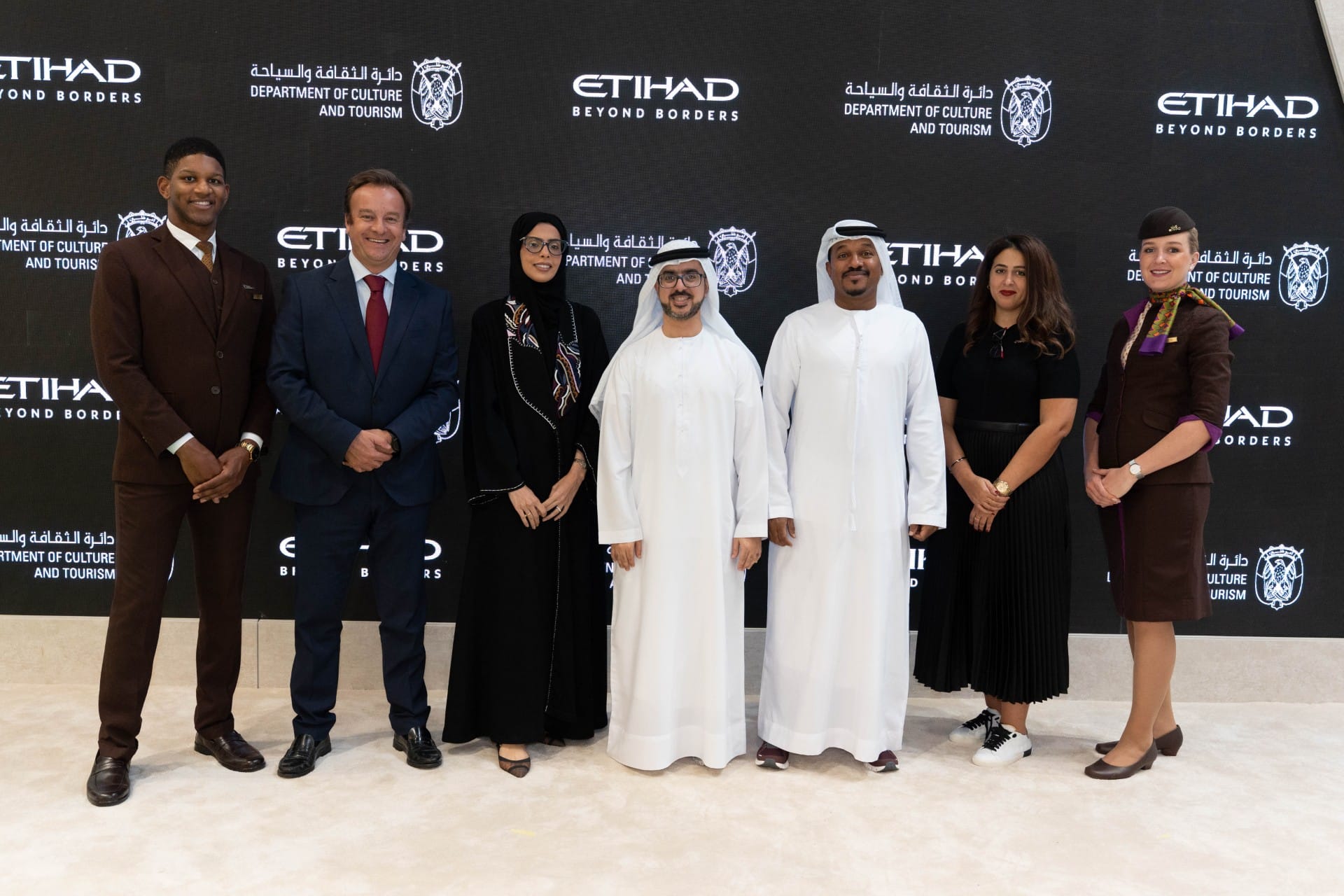Isabela town receives urban farming facility

THE Department of Agriculture Regional Field Office 2 (DA-RFO2) recently inaugurated a P2.7-million protective cultivation facility under the department's National Urban and Peri-Urban Agriculture Program (Nupap).
The facility, dubbed as the Protective Cultivation Project, is located at the Isabela Livelihood and Skills Training and Assessment Center in Samonte in Quezon, Isabela.
Ferdinand Cortez of the DA-RFO2 Regional Agriculture and Fisheries Information Section (Rafis) said Nupap seeks to "improve the food supply in communities to ensure citizens' equitable access to healthy food, particularly in urban and peri-urban areas."
Aligned with the Nupap's core objective, Cortez noted that the protective cultivation facility includes a greenhouse with hydroponics, nursery, mushroom growing house, and poultry house to improve food security, create livelihood, and promote healthy nutrition.
Nupap Focal Person Carol Albay said that she was inspired by neighboring Southeast Asian countries in her advocacy to move forward the Philippines' self-sufficiency in food production through sustainable farming practices.
"The department shall further invest its budget in building greenhouse infrastructures just like the current model farm, in line with the promotion of urban agriculture technologies," Albay said.
She also mentioned the education sector's crucial role in promoting agriculture among the youth.
"We will collaborate with state universities at the university level so that our college students can value agriculture investments. And of course, we will also continue our partnership with the Department of Education," Albay added.
For her part, Research and Development, Extension and Training Director Janet Cunanan reminded the members of the educational sector who were present during the inauguration of the Protective Cultivation Project that they should all work together to hone the skills of students in agriculture.
"Isabela State University conducts risk assessment to farmers and offers technological solutions and advice as needed. Through this, they can help the local farmers in coping with the challenges of climate," Cunanan said.
Noemi Valdez of Agricultural Training Institute – Region 2 Training Center said their organization sends scholars who are descendants of farmers to Taiwan, Japan and Israel to undergo agricultural training.
Through Albay, DA-RFO2 Executive Director Rose Mary Aquino also extended her message to the attendees of the event wherein she emphasized sustainability in agriculture.
In her message, Aquino said that the project is not just an infrastructure but a concrete step towards a more stable, sustainable and abundant agricultural sector. She added that through innovative and environment-friendly technologies, farming will be more efficient while protecting natural resources.
Cortez said the Quezon local government is the main beneficiary of the initiative.
"Through this strategic partnership, the DA seeks to highlight the importance of reaching out to various communities to ensure food sufficiency and economic development as forwarded by agriculture," he added.
Municipal Agriculturist Roger Ocampo thanked the DA for its continuous support in advancing the agricultural sector in the province, referring to projects that have been established in the areas since the 2010s.
He said the greenhouse has solar-powered systems with advanced drip irrigation technology, and various hydroponic methods that are integrated within the structure's systems including nutrient film technique or NFT, a-frame hydroponics, thick bed, and grow-out systems.
"These facilities are currently cultivating high-value crops such as Japanese melons, honeydew, lettuce and many other plants which are crucial in enhancing the region's agricultural system," Ocampo said.
Cortez said that more than P400,000 worth of assistance were also handed over to Quezon local government including 10 kilograms (kg) of assorted vegetable seeds, 50 pieces fruit-bearing trees, 50 bags of fertilizers, 112.5 kg of potting mix, 150 pieces of seedling tray, 50 pieces of plastic crate, 10 units of plastic drum, two wheelbarrows, two soil augers, and two mini tilling machines.
What's Your Reaction?
 Like
0
Like
0
 Dislike
0
Dislike
0
 Love
0
Love
0
 Funny
0
Funny
0
 Angry
0
Angry
0
 Sad
0
Sad
0
 Wow
0
Wow
0








































